Not a budget blowout, and certainly not peanuts
‘Why don’t they finish a job before starting another?’
Dunedin’s peanut-shaped roundabout cost anything but, well, peanuts.
I’ve been fascinated by the roundabout on Forbury Rd, St Clair, since it was first announced in 2019.
That roundabout’s unique shape was needed due to the road layout, and the design was successfully trialled with buses before work began in July 2020.
That original plan included the removal of 15 above ground power poles, with those lines to go underground, but that was changed because of budget restraints.
As it was, the budget was anticipated to be about $1 million, with the work to be finished by the end of December 2020.
But that is not what happened.
Lengthy delays, due to upgrades needed for water and sewer pipes, pushed the completion date to July 2021.
I filed a Local Government Official Information Act (LGOIMA) with council over the final cost.
That request was lost in the system, and I later refiled it.
I was told a reply would be available by March, but due to staff illness that was delayed. No issue with that. But then nothing. Zip. Nada.
That changed on Tuesday when I got the LGOIMA request, and an apology for the delay. All good.
Now, we need a drumroll.
The cost of works associated with the peanut-shaped roundabout totalled (I probably should have put a drumroll in here) $2.437 million.
For that price you could buy 519,682 bags of Budget roasted and salted peanuts (750g) from Pak ’n Save, should they have that amount in stock.
But I digress. The roundabout work was split over ‘transport’ at $1,467,312.76 and ‘Three Waters’ at $970,000.
The released documents included correspondence from business owners and residents angry over the lengthy delays.
“The disruption to the road has taken a lot longer than was first conveyed to us”, one email, which had the person’s name and business redacted, said.
That business owner lamented the lack of parks, and “we were really relying on the support of our wonderful walking community to get us through”.
That contrasted with contractors, who started and finished at various times but never worked past Friday at 3pm, the emailer said.
“Some days there seemed to be an abundance of workers doing nothing at all. . . . . .”
Another wrote to a senior council manager that the work was a “shambles”.
Another email, headed ‘The Bloody Roadworks!!!’ noted no work had been carried out for days, with the machinery moved to a different site.
“Why don’t they finish a job before starting another?”
It is a fair question, and one many people ask when observing any infrastructure project.
Five people, who also had their names redacted, phoned and made complaints to council, including one who was “extremely unhappy about the length of time it is taking to finish the roundabout”.
Another who lived nearby vented that when they drove past the roadworks, all they saw were two men “with brooms sweeping”.
I put a couple of questions to council. One of those asked whether this was a ‘budget blowout’.
This was the response:
This is not a budget blowout, but rather reflects an increase in the scope of the project. Our original estimate was about $1 million to construct the new roundabout, but we encountered issues with poor ground conditions and delays caused by bad weather. This resulted in a final cost of approx. $1.45 million.
The project to replace ageing 3 Waters infrastructure in the area was not part of the original roundabout estimate. This work added $970,000 to our costs.
OK.
I also asked why the project was necessary, and whether it had reduced crashes.
The project was a priority because the intersection was categorised as high-risk and difficult for traffic to negotiate. We are out monitoring the performance of the new roundabout, and while it is too soon to comment on any improved crash statistics, it appears to be functioning well and we have received positive feedback.
Council was unsure if this was the first roundabout of its shape in New Zealand.
We are planning other new roundabouts in Dunedin but none of the same shape as this one.
I think an Octagon-shaped roundabout would be perfect.
While on the subject of infrastructure, I received an update from Waka Kotahi NZ Transport Agency about the SH88 cycleway.
Anyone who has been on that road would be acutely aware of the massive work underway.
That work was raised as a possible issue by some cruise operators, anxious about delays when transporting cruise passengers into the city.
Luckily, much of the work will coincide when the ships are not in port, with Waka Kotahi aware of the schedule.
It was interesting to hear about the ships coming to Port Chalmers, as mentioned last week, may be newer and larger than what we’ve previously seen. But during these Covid times occupancy rates are down, with some ships carrying capacity of around 75%.
The industry meeting heard that due to the acute shortage of bus drivers, some will be brought in from around the country. It will be interesting to see how they navigate hilly Dunedin…
ICYMI, the story is here.
I hadn’t heard much of Matt Joe Gow, until a Mish reader recommended I interview him.
I’m glad I did, we had an overlap of music tastes and a penchant for denim. Respect.
Matt Joe Gow describes his hometown of Dunedin as having “bad weather and good music”.
He recently returned to Dunedin, a city where “I cut my teeth as a teenager”, to prepare for his latest tour.
The artist, who is based in Melbourne, has not only carved out an impressive recording history, but supported the likes of Chris Isaak, The Jayhawks, Justin Townes Earl, and Grant Phillips (of Grant Lee Buffalo fame: check this out here)
His genre of music was Americana “but Dunedin plays a large role in who I am as a musician”.
The impact of the ‘Dunedin Sound’ era music, such as The Clean, The Chills, The Verlaines, meant the city he grew up in had a history of supporting musicians.
“The idea that it was acceptable to be in a band was a thing.”
But the musical influence of his former hometown was more about “visceral elements”.
“I like to write about the weather, the landscape, the weather or the environment . . . my songs are often set in winter because I didn’t grow up in Tahiti.”
That is relatable.
Gow returns to New Zealand every so often, including a longer stint in 2020 when Covid hit, which led him to go on a 40-date tour around the country.
“I fell back in love with the place.”
Gow said the popularity of streaming platforms, such as Spotify, meant “I could roll into a place like Gisborne and they would know my songs”.
It was easier for an audience to stream songs than often locate an album to buy, which means “they can get a taste for you”.
In the Gisbourne example, the owner had been playing his songs in the lead-up to the gig and that led to some audience members “singing along to my songs”.
“You are not going to beat Spotify . . . God bless Neil Young,” said Gow, who conceded the streaming service meant selling fewer physical copies.
Americana - also called alt-country - was a wide-ranging genre, meaning it could encompass Gow playing a straight blues number, a folk song, or an “epic 70s rock song . . . and it all makes sense”.
The likes of Johnny Cash, Neil Young, Bob Dyan, Tom Petty were the pioneers of the genre, which continued with the likes of The Jayhawks, Grant Lee Buffalo, Whiskeytown and Wilco.
Gow said he was also influenced by the fashion and style of those original artists, driven by hours spent studying records. Respect the denim.
He was looking forward to playing Ophir, and recalled walking to his last gig there and asking “where are all these people going?”
“To your show,” came the reply.
“That’s when I noticed on my last tour there were these people in these small pockets that really want to hear real music.”
“Any excuse to get back and get regional is a wonderful thing.”
Touring smaller centres helped grow his fanbase, because “if you play your heart out, you can guarantee they will come to your next show and buy your record”.
Gow will also be taking part in a guest lecture in songwriting at the University of Otago later this month. You can catch him here:
Aug 5 Dog With Two Tails, Dunedin
Aug 6 Peace Memorial Hall, Ophir,
Aug 7 Thomas Green Pub, Gore
Aug 12 Maheno Hall, Oamaru
Aug 13 Luggate Hotel, Luggate
Aug 19 Hilltop House Concerts, Wellington
Aug 21 Wine Cellar, Auckland
Thanks for the chat Matt, and I hope your tour goes well.
It was nice to read the tributes to John Hore Grenell, a former Dunedinite. Check this great picture out.



Tweet of the Week goes to this gem. Who is up for a Lamb Methi?
On the weekend I attended The Most Wuthering Heights Day Ever, it was awesome.
Here are a few pics, and well done to organiser Mandy Mayhem Bullock for organising.
It made me realise how many events the city has lost in recent years: the Manor Place kart race, the Toga Parade, The Baldwin Street Gutbuster to name a few.
Have a great week, and keep the tips coming.






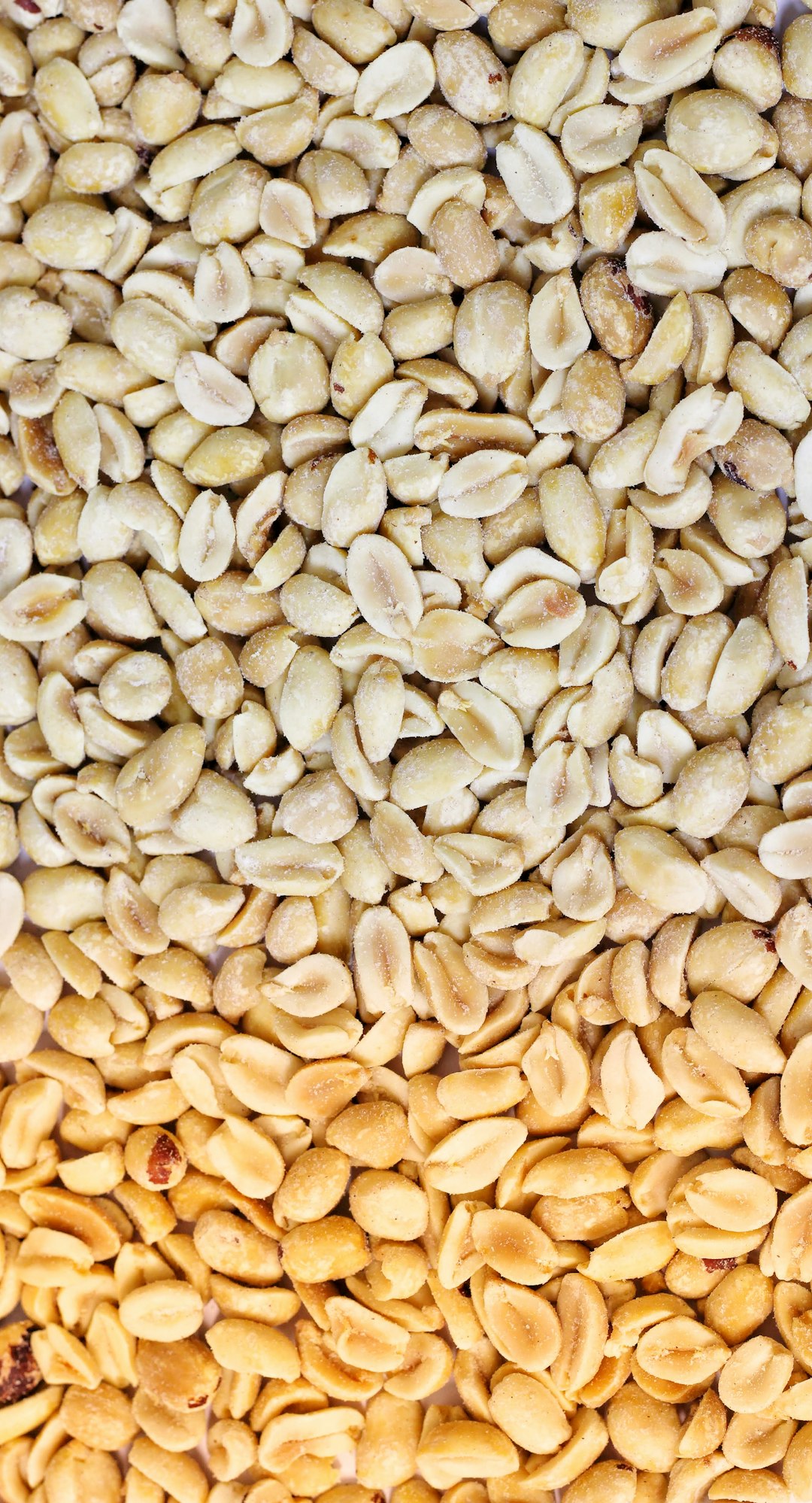

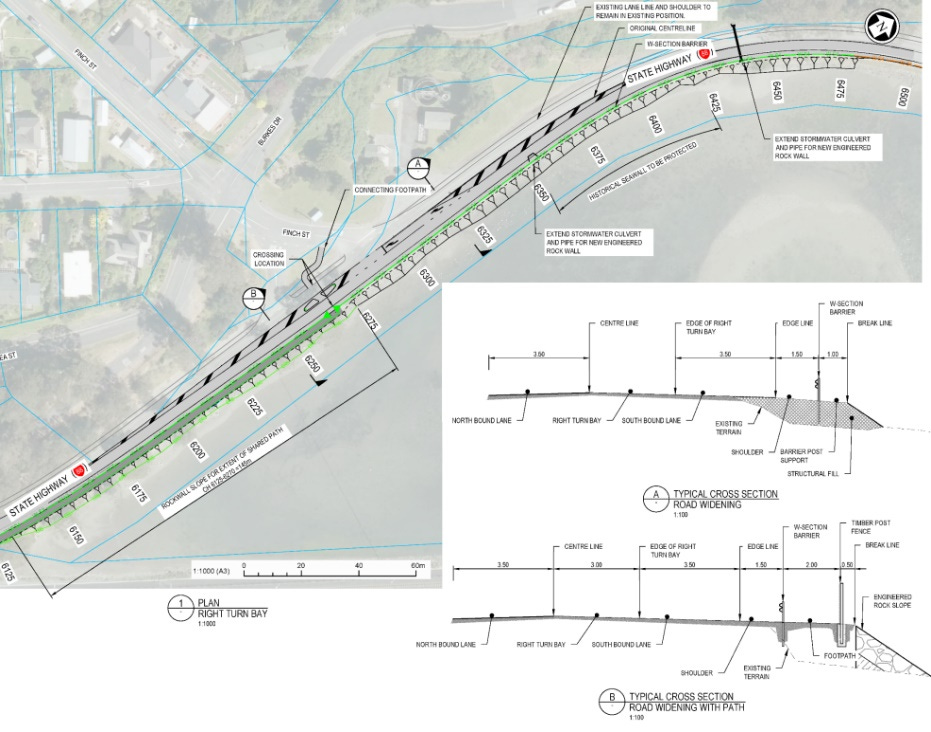

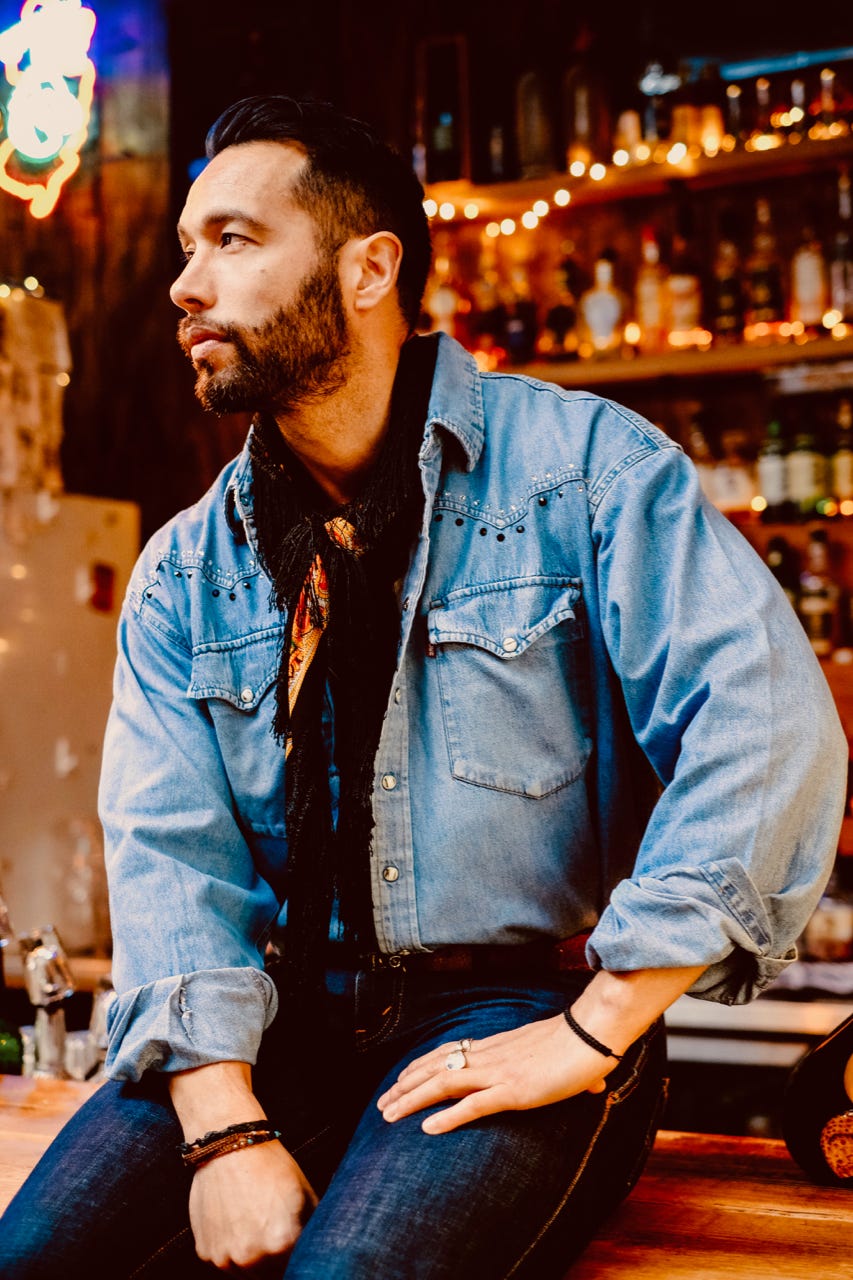





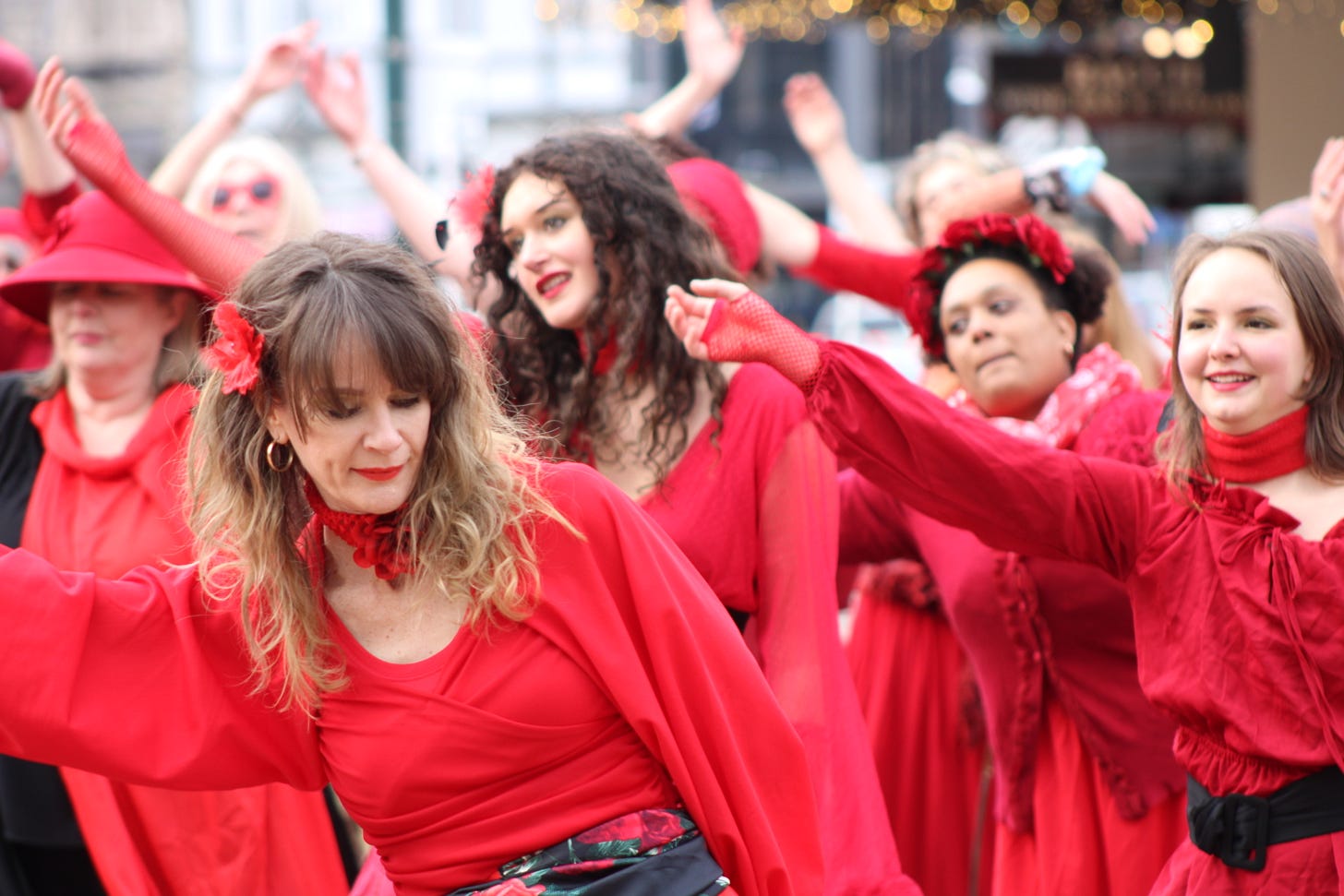

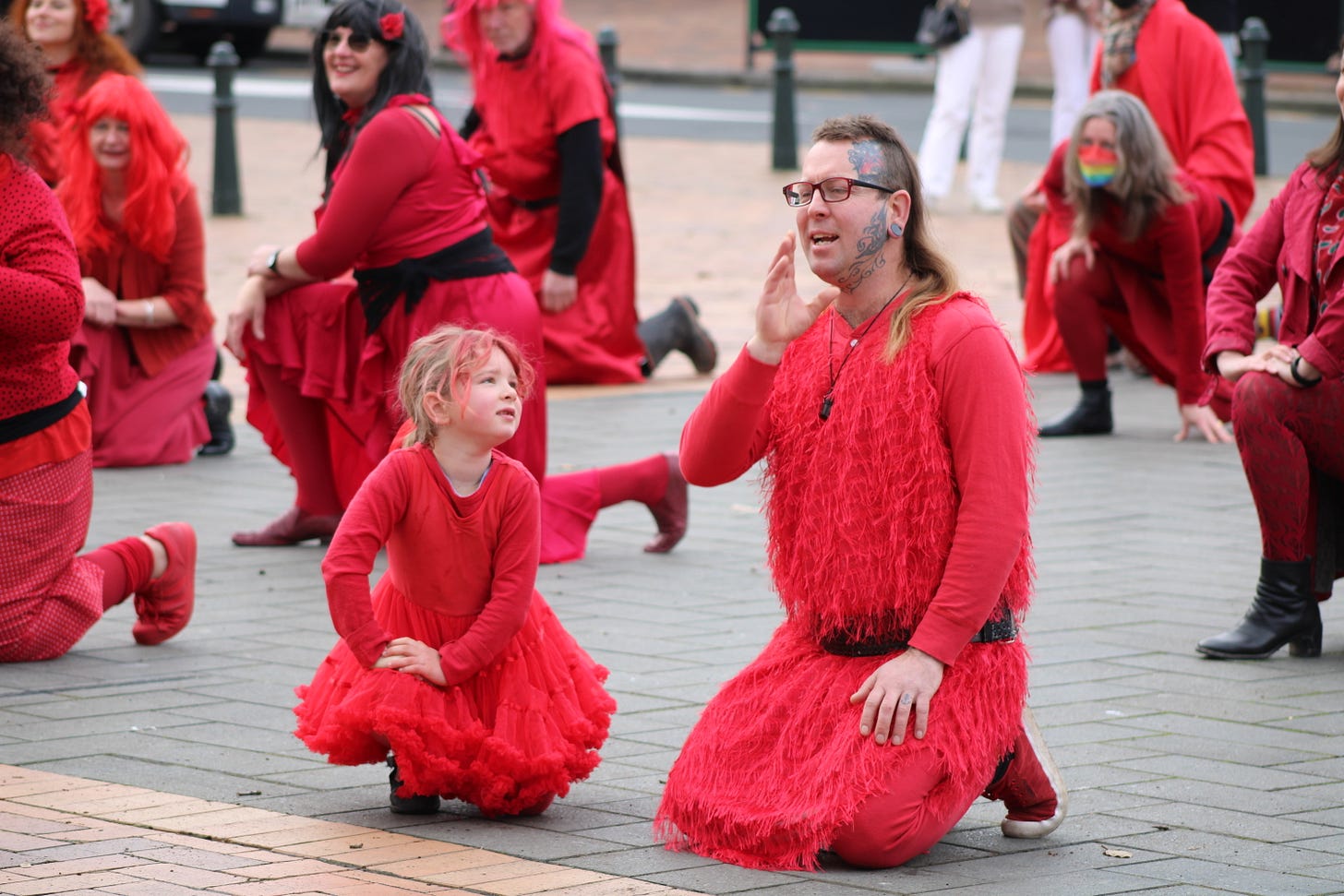
And re LGOIMA requests to the Dunedin City Council (including the Mayor). My experience is that the DCC ignores them until an election is forthcoming. And Aaron still hasn't answered my one from 2019 re him using a Council asset (the Museum) as part of his campaign.
The roundabout at Forbury Road is not particularly friendly to cyclists either. Nor for that matter is the cycle path from Portobello around towards Port Chalmers (but still a few kms short). It's too narrow in many places, with the threat of ending up in the harbour if more than a few cyclists use it. And having to share with walkers out on a Sunday stroll means that cyclists will get it in the neck for riding on the road (you have your own path!) or riding on the path (you're riding too fast!). And if the sunday strollers have earphones then we will have to hop off our bikes so as not to get blamed for them not hearing us coming up behind them.
I suggest turning Portobello Road itself into a cycle path now that the locals have got used to not being able to drive down it.